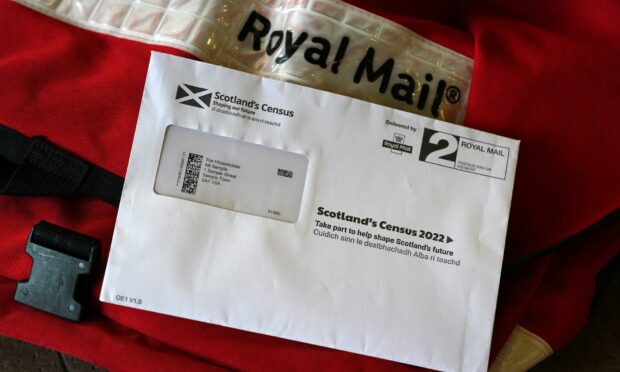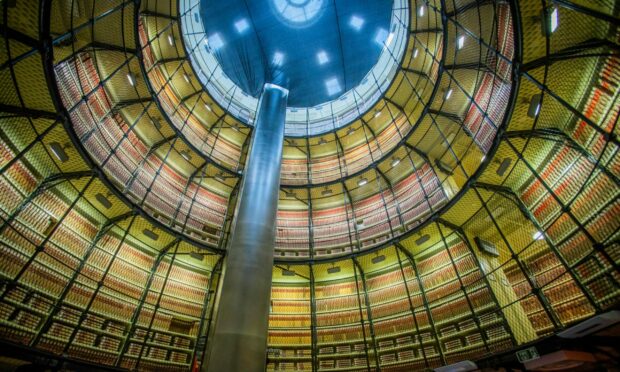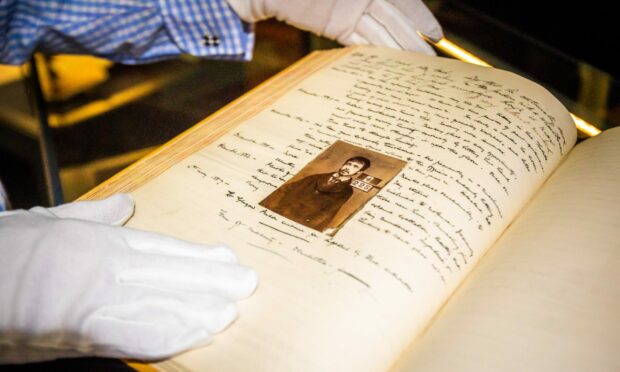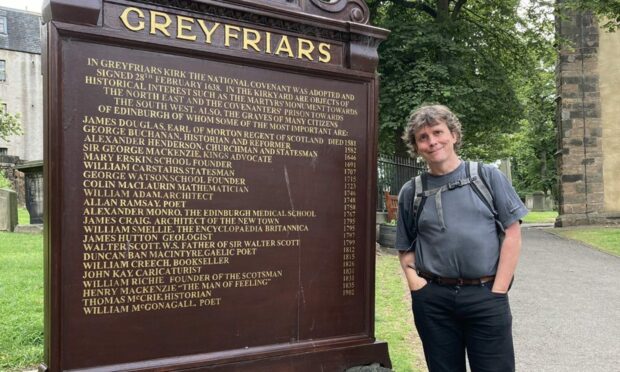Dozens of Scotland’s leading academics have joined forces to condemn “incomprehensible” restrictions imposed on access to the nation’s archives, we can reveal.
A group of 78 historians, writers and researchers – including leading figures in Aberdeen and the Highlands – say vital work is at risk of being “suffocated” by rules brought in at the height of the pandemic.
They have signed an open letter demanding action from Paul Lowe, the chief executive of National Records of Scotland (NRS).
The move piles fresh pressure on Mr Lowe, who was already facing questions over the botched handling of the nation’s census.
The letter says: “The frontline staff at NRS have been exemplary under very difficult circumstances, but the strategic operational decisions resulting in continued difficulties are incomprehensible.
“The NRS is lagging embarrassingly far behind its peers.”
Students are putting studies on hold because of the “unreasonable” restrictions.
Book contract deadlines are not being met, while professional researchers and genealogists are unable to fulfil commissions.
Signatories include 25 professors, such as renowned historian Jim Hunter and David Worthington, both from the University of the Highlands and Islands.
‘Uniquely slow’
Writing about the debacle in his Press and Journal column today, Prof Hunter says his celebrated book, The Making of the Crofting Community, could not have been written under the current restrictions at Register House in Edinburgh.
“All of us accept that it was necessary to close down Register House and similar facilities at the height of the Covid pandemic,” he writes.
“What none of us can understand is why NRS is proving uniquely slow to open up again.”
The letter is also backed by civil law professor JD Ford, and senior history lecturer Alastair Macdonald, both from Aberdeen University.
What are the delays and restrictions?
The signatories complain that NRS takes several weeks to respond to enquiry emails, and when they do, researchers are forced to book trips to the archives weeks in advance.
Only a dozen records can be viewed in one session. Visitors have to start the process again, waiting up to another eight weeks to access records at their next visit.
The letter says this causes “significant problems” for research students who are unable to complete their work on time, with “obvious consequences for their mental health”.
International impact
“The policy effectively prohibits international research in Scottish history as no-one will travel to view only 12 documents. Academics are very unlikely to obtain funding for such limited research,” it adds.
Visitors from Australia, Canada and the US have also been left disappointed when trying to plan trips to Scotland to research their family history, it is claimed.
As well as Scottish historians and researchers, the letter to the NRS has been signed by experts based in Canada, USA, and Sweden.
Ewen Cameron, Sir William Fraser professor of Scottish history at Edinburgh University, was another leading academic to call for change.
He said: “I think it’s an unsatisfactory position and I’m just puzzled by it.”

The NRS is already caught up in calls for an inquiry into the handling of the nation’s census, after its deadline was extended due to low return rates.
Culture change
Some experts believe problems at the NRS date back to a change in culture that grew in the wake of its creation in 2011 following the merger of the General Register Office for Scotland and the National Archives of Scotland.
The NRS chief executive is both the Registrar General for Scotland and the Keeper of the Records of Scotland.
The letter to Mr Lowe was organised by independent researcher Fergus Smith.
“The issue is a lack of capacity and a seeming unwillingness to do much about it,” he said.
“It’s just immensely frustrating. We’ve tried to speak to the NRS and can’t get anywhere.
“It’s not the archivists, it’s the senior management. There’s no meaningful communication or engagement with the public.”
An NRS spokesman said it re-opened its search rooms in April 2021, and has been “carefully monitoring and maintaining capacity” at levels which comply with Scottish Government Covid-19 guidance on safe levels of ventilation within workplaces and public settings.
He added: “We have recently increased our opening times, offering an additional day of appointments each Friday, and we have reopened our Historical Search Room in its original location, creating opportunities to increase capacity and the ability to add additional aspects of service delivery.
“We have consulted with customers and with representatives of academic institutions throughout the pandemic and the reopening period, and we will continue to do so to ensure we can deliver the best access possible to our record collections. Our most recent customer survey reported overall satisfaction levels of 81%.”



